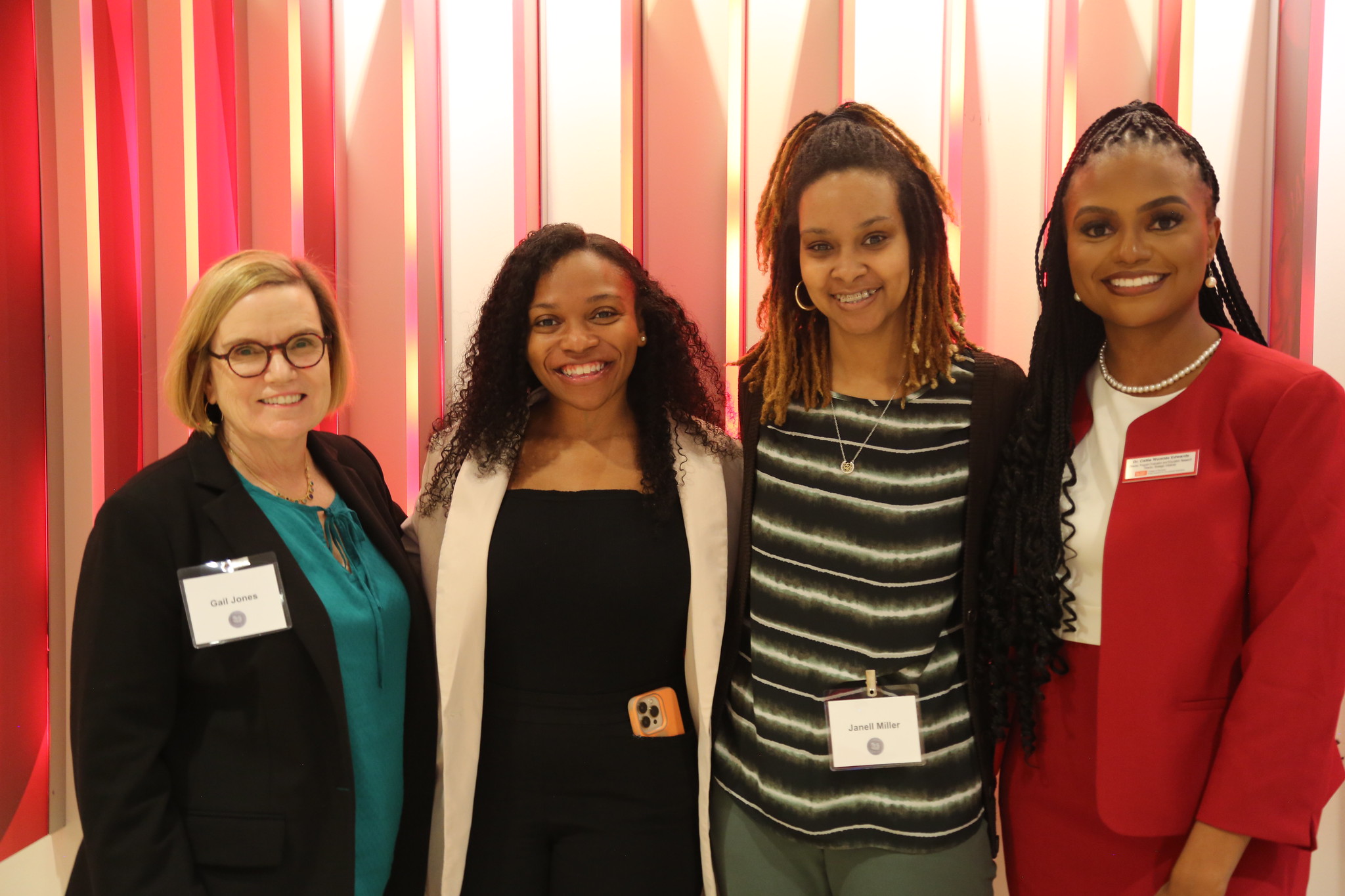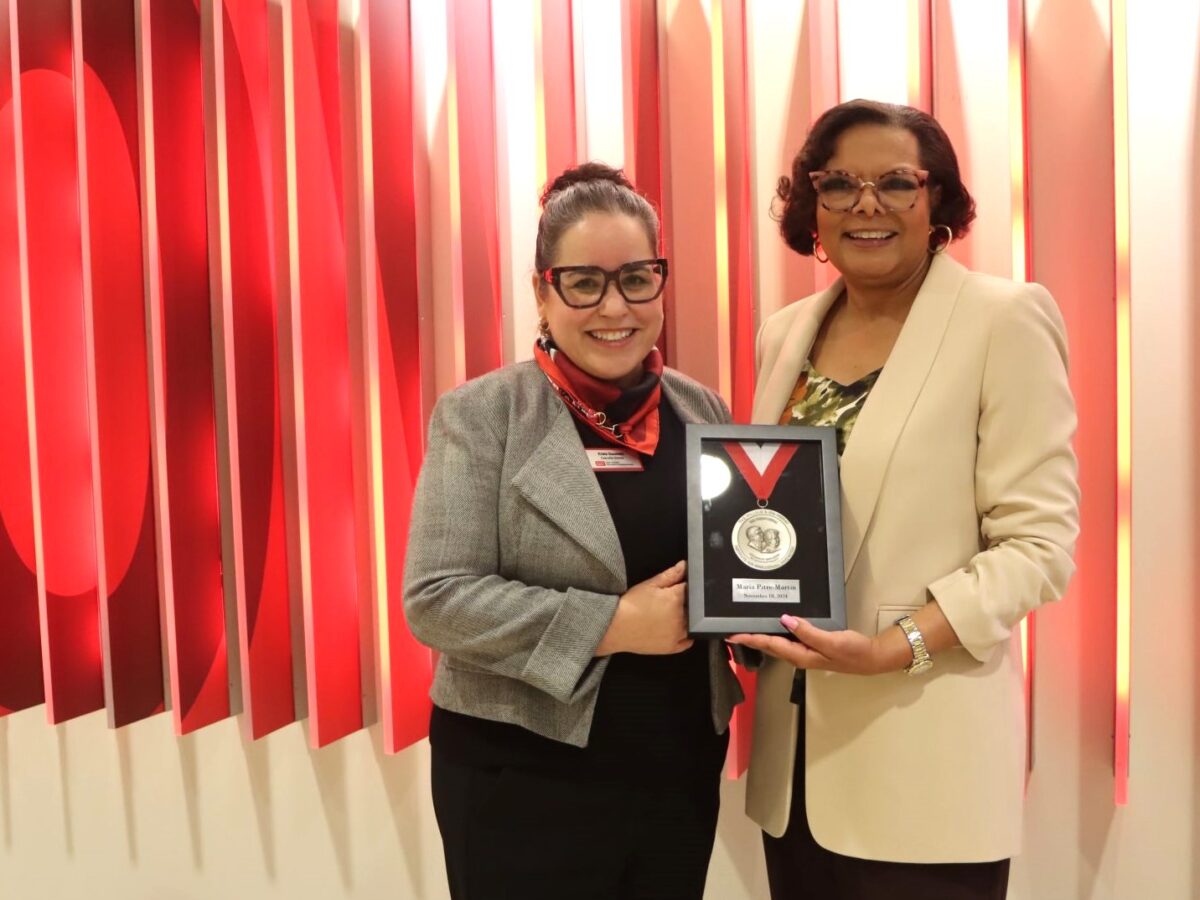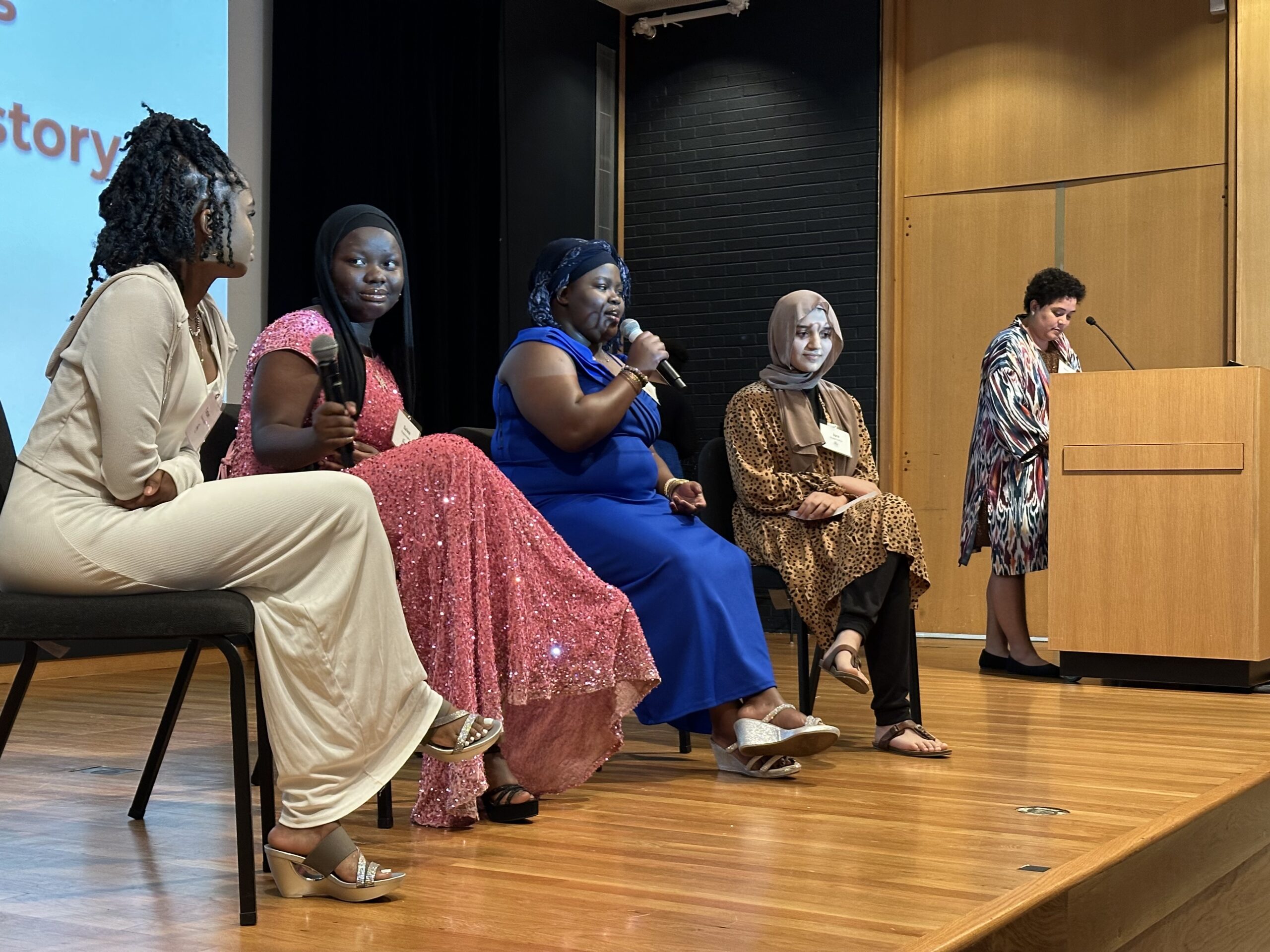Helping Teachers Build a Math Course Through Engineering Concepts
Dr. Karen Keene works on teaching mathematics using engineering principles with a group of teachers who attended the MINDSET summer workshop at the Friday Institute.
June 28, 2013—When will I ever use this stuff? Changing the minds of students in mathematics classes, so this sentiment disappears, is the goal of an education research project based out of the Friday Institute for Educational Innovation. The MINDSET team hosted the fifth annual summer workshop that equips educators with the skills and tools they need to address the common complaint head on by presenting engineering concepts based in mathematics.
The workshop uses the Advanced Mathematics using Technology and Engineering Models (AMTEM) course curriculum and the book written for it, When will I ever use this stuff? The MINDSET team created both. AMTEM teaches mathematics using engineering principles, utilizing context-based problems that have real-world origins and applications.
“All the numbers [in the book] have to do with solving a problem,” said Dr. Karen Keene, co-principal investigator and associate professor in mathematics education. “The idea is that the entire course is completely contextual. The teachers say again and again, ‘Once I’ve started doing this, nobody ever says they don’t see any reason for it, because the purpose is there.’”
The course was intended to give fourth-year math students an option other than calculus or trigonometry. However, many of the teachers at the workshop have discovered that they can enrich other classes by implementing AMTEM ideas and tools. By using pieces of the course, AMTEM concepts become relevant to non-senior students as well. Keene noted that someone asked her if they could use some of the AMTEM content with their gifted eighth grade students.
“We’ve had a lot of interest in expanding it into more than just the fourth year math course,” said Keene.
This summer, the MINDSET team will host its largest attendance yet, 52 teachers from the region, suggesting an increasing interest in their course and methods. John Pritchett, a former workshop attendee and secondary mathematics teacher, saw first-hand how his training improved his students’ outlook on mathematics and his own teaching experience.
“This gets into how somebody can actually use this in what a high school student perception of a real person would be, so it’s an engineer, or a cartographer, or it’s economics,” said Pritchett. “It’s not, ‘Here’s a course, now go teach it.’ It’s really a course design, and it was an awful lot of fun to teach because it really took the problems much deeper.”
The workshop does more than introduce the course principles and book. Most of the teachers attending have not been exposed to the course content before, much less how to teach it. The workshop is split into two four-day sessions, with three days spent teaching the teachers the mathematic concepts and technology, and the fourth day the teachers take turns teaching chapters not yet covered.
“We spend a lot of time on how to teach it. This is different. You can’t teach this the way that you’re used to teaching,” said Keene. “It’s brand-new to them. They are learning both the mathematics and the different kinds of pedagogical strategies and the techniques that they would want to use.”
Twenty-nine teachers attended the first eight-day workshop that was held at the Friday Institute on Centennial Campus at North Carolina State University from June 18-27. The second workshop will be held at University of North Carolina at Greensboro from July 23-August 1, with an expected 23 teachers to attend. After the second workshop, the MINDSET team will have trained a total of nearly 300 teachers on AMTEM course materials.
For more information on MINDSET, please visit mindsetproject.org



